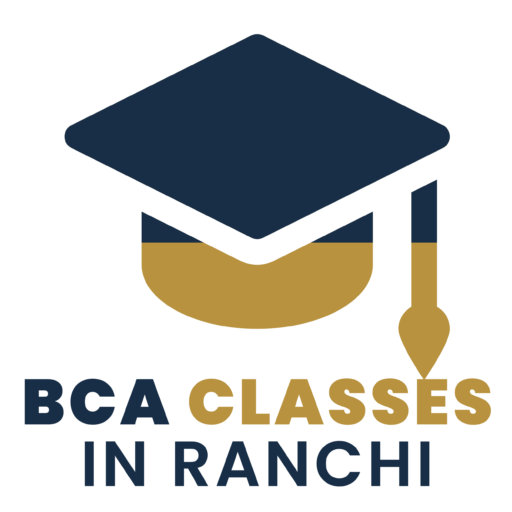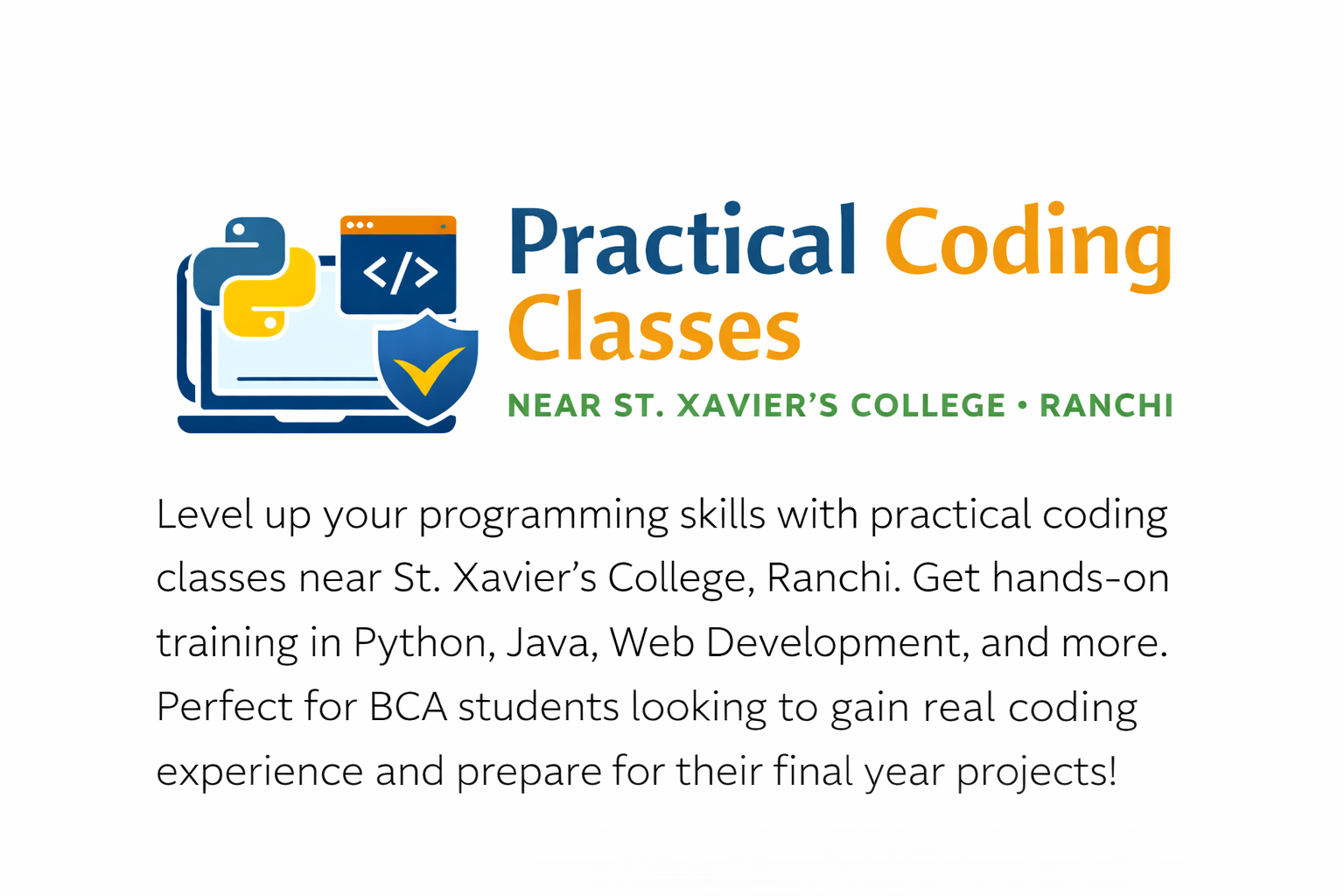Understanding the BCA Final Exam Structure
The Bachelor of Computer Applications (BCA) final exams are structured in a way that assesses a wide range of knowledge and skills acquired throughout the course. Generally, these examinations encompass a variety of subjects including programming languages, software engineering, database management, networking, and web development. Each subject is designed to evaluate a student’s proficiency and comprehension of fundamental concepts as well as practical applications. The exam formats can include multiple-choice questions, short answer questions, and descriptive questions, allowing students to demonstrate their understanding effectively.
It is important to note that the structure of the BCA final exams varies by university, with some institutions opting for practical assessments alongside theoretical questions. This structure emphasizes the importance of hands-on experience in addition to academic knowledge, particularly in programming and software development courses. As students prepare, they should familiarize themselves with the specific format used by their institution, which can typically be found in the examination guidelines provided at the start of the academic year.
Understanding the overall grading system is equally essential for effective exam preparation. Each subject carries different weightage, reflecting its significance within the curriculum. For instance, core subjects like programming may carry more weight compared to elective subjects. Students should allocate their study time accordingly, prioritizing subjects that significantly impact their overall grade. Additionally, creating a balanced study schedule that incorporates all subjects—while focusing more on heavily weighted ones—can enhance exam preparedness. Ultimately, being well-informed about the exam structure will enable students to strategize their study efforts effectively, paving the way for a successful examination experience.
Developing a Strategic Study Plan
Creating a strategic study plan is essential for BCA final exam preparation, as it allows students to streamline their efforts and maximize their productivity. The first step in this process is to assess individual learning styles. Understanding whether one learns best through visual aids, auditory materials, or hands-on practice can significantly influence how the study plan is structured. Students should take time to reflect on past experiences to identify methods that resonate most with their learning preferences.
Once students have a clear understanding of their learning styles, the next step is to set realistic study goals. It is advisable to formulate both short-term and long-term objectives. Short-term goals could involve completing a specific chapter or understanding a key concept by the end of each study session. Long-term goals might include mastering all subjects by the time of the final exams. Setting these goals not only provides direction but also helps maintain motivation throughout the study process.
The breakdown of topics into manageable units is another vital aspect of an effective study plan. Students should review their syllabus and categorize subjects into sub-topics. This segmentation makes the vast syllabus more approachable and allows for focused study sessions. Allocating time slots for each topic ensures that comprehensive coverage is achieved without feeling overwhelmed.
Incorporating regular revision sessions is equally important. These sessions enable students to revisit previously learned material, reinforcing knowledge and improving retention. Additionally, incorporating practice tests into the study plan is beneficial for self-assessment. Regularly taking practice exams helps students identify areas that need further attention while acclimatizing them to the exam format. By maintaining a structured study plan that includes these essential elements, students can better prepare for their BCA final exams, ultimately enhancing their chances of success.

Essential Resources for Effective Preparation
Preparing for the BCA final examinations requires a well-rounded approach, incorporating a variety of resources that cater to different learning styles. Firstly, textbooks remain a pivotal resource; students should choose the latest editions of recommended books that cover their syllabus comprehensively. Authors such as Sumita Arora and Rajesh K. Shukla are notable for their well-structured content that simplifies complex topics, making them invaluable in a BCA student’s library.
In addition to textbooks, online courses offer flexibility and a modern approach to learning. Platforms like Coursera, edX, and Udemy provide professionally curated courses that expand on subjects pertinent to the BCA syllabus. These courses often include interactive content, which can help reinforce theoretical concepts through practical application, thus enhancing overall understanding.
Video lectures are another resource that students find beneficial. Websites such as YouTube and dedicated educational platforms host a wide range of video content, allowing students to learn visually. Instructors often break down difficult concepts in a digestible manner, which can bolster comprehension and retention of information.
Furthermore, practicing with past exam papers and mock tests is crucial for exam preparedness. They not only familiarize students with the exam format but also reveal areas where they may need to focus their study efforts. By simulating the exam environment, students can gauge their readiness and increase their confidence as they progress toward their final exams.
Lastly, engaging in group study sessions can enhance learning through collaboration. Students can share resources, clarify doubts, and discuss difficult topics collectively, which can further solidify their grasp of the material. By utilizing a combination of these essential resources—textbooks, online courses, video lectures, and past exam papers—students can undertake a structured and effective preparation strategy for their BCA final examinations.
Maintaining Healthy Study Habits and Mindset
Preparing for BCA final exams can be a daunting task, but maintaining healthy study habits and a positive mindset is crucial for success. As students delve into their studies, they often experience stress and anxiety which can hinder their performance. Therefore, it is essential to implement strategies that promote mental well-being and facilitate effective learning.
One effective technique for managing stress is practicing mindfulness. Mindfulness exercises, such as meditation or deep breathing, can help students stay present, reducing anxiety about upcoming exams. By focusing on the current moment, students can improve their concentration and enhance their ability to retain information. Allocating a few minutes each day for these practices can significantly contribute to a calmer and more focused mindset.
Regular breaks are another vital component of successful studying. The Pomodoro Technique, for example, encourages students to study for 25 minutes and then take a five-minute break. This method has been shown to improve focus and information retention by preventing mental fatigue. During breaks, engaging in physical activity, such as stretching or a quick walk, can help energize both mind and body. Physical activity releases endorphins, which are known to boost mood and reduce stress levels, further fostering a positive learning environment.
Staying motivated throughout the study process is also essential. Setting realistic goals and celebrating small achievements can enhance a student’s determination to keep pushing forward. A conducive study environment, free from distractions, can significantly affect one’s ability to concentrate. Personalizing a dedicated study space that is organized and well-equipped can facilitate a more effective study session.
Conclusion
Lastly, leveraging peer support fosters a collaborative study culture. Joining study groups allows students to share resources, clarify doubts, and motivate one another. Building connections with classmates not only enriches the learning experience but also provides a support system that promotes a positive and focused mindset.
Read Our Latest Blog
How to Prepare for Campus Placements After BCA
Phone Number: +91-7488456170
Email ID: abhishek@eepl.me
Our Platforms:
Digilearn Cloud
EEPL Test
Live Emancipation
Follow Us on Social Media:
Instagram – EEPL Classroom
Facebook – EEPL Classroom
Stay connected and keep learning with EEPL Classroom !









